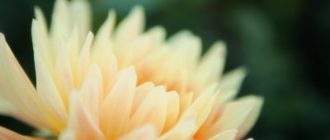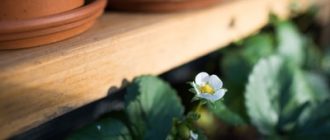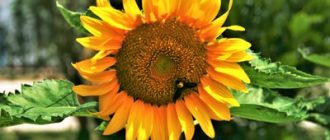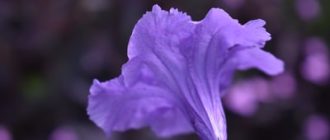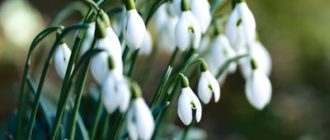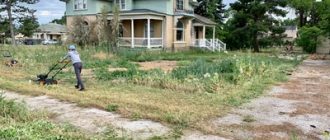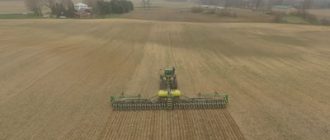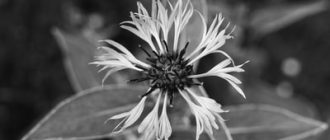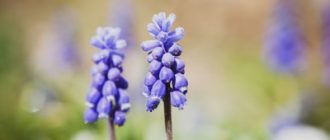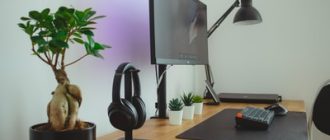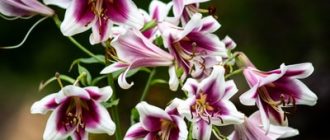
The days are getting longer, the seed catalogs are in the mailbox, the plants are greening up. It is time to focus on organizing for the new planting season.
It is important to plan for the next growing season. You can not wait for the weather to get better before acting on plans for the upcoming year.
Enjoy these 10 Organizing Tips for the Garden:
1. Take a inventory of what you have, including what needs to be replaced, damaged or lacking.
2. Review your tools and look for those which may need replacing.
3.Cleanup damaged or worn garden tools- For garden tools, replace lost or rusted blades of cutters or regularly loosen screws and sharpen any blades that need it.
4. Plan ahead- Planning before the growing season will allow you to buy the seeds you want to plant carefully.
5. Rid your garden of any dead plants- Do you have a compost bin? Does your vegetable garden require you to take empty beds/cameras? If so, now is the time to empty those.
6. Work out who can do what- Do you need to dig potato holes, weed around your tomato plants, and trim your rose bushes? Can one person do all of these jobs?
7. Ask about labor costs- At what rate do you think you will be able to produce work? How much equipment will you need?
8.ealyl alcohol- to sanitize cut roses, mix properly with water.
9. colloidal phosphate- to deter grubs, is especially effective against Black Beetle larvae.
10. Zinc- zinc is a soil cyst nematode. When plants are in contact with the soil, fungus gnats are attracted to their root systems, and can be killed with a residual solution. However, this solution has a residual half-life and should be applied only when the plants are expected to be in continuous contact with the soil.
11. Copper- Be aware that copper repeals the effects of fungus gnats.
12. Akadama soil- a soil like soil from Japan, made from salt, charcoal, and sand. It is used by some as a soil for giant panda plants.
13. Rock wool- used as a soil amendment in hydroponic systems, contains inorganic nitrates that are used as spore starters. Some use it as a soil additive in rock gardens.
14. Bio-stimulants- Bio-stimulants are organic or synthetic chemicals used to improve the soil structure of potted plants.
15. Conductive additives- These are additives that attract micro-organisms, worms, and bugs to the soil.
16. Organic- Organic soil amendments are used to feed the natural life that exists in the soil. These additives are not used to feed the plants.
17. Synthetic chemicals- Some soil amendments are used to feed the plants. Synthetic chemicals are used to feed the plants or to restore the soil fertility.
18. Farming with fertilizer- farming with fertilizer is becoming more popular. This is because most of the nutrients required for the plants to grow are already in the soil. In farm America, almost 90 percent of the farm produce is used to feed the humans and is considered the easiest food to grow.
19. Seedlings- seedlings are very important for starting your own plants. They should be started to get the right amount of sunlight needed for proper growth.
20. Water- watering your plants is very important. Plants should be watered at least twice a day. However, over-watering plants could drown them and this is not good.
21. Air- moving air such as the strong winds…can dry out the soil and sometimes sow the seeds too deep.
22. Night time watering- trying to determine when the sun goes down to your garden.
23. Pests- sometimes the simplest plants just get too many pests.Look around and see what scraps can be picked from the garden to help the new plants grow.
24. Weeds- picked growing weeds can be used as mulch around the garden.
25. Other animals…birds, deer, rabbits, you name it. They may compete with your plants for nutrients and earth.They can eat and pluck the leaves, or worse, eat some of your plants.
26. Air spraying your plants is not a good idea. The sprays can burn the plants and flowers.
27. Keeping your plants too wet will cause your flowers and plants to rot.
28. Moving any large plants very slowly will cause problems. Give them the time they need to get settled in and be protected from the wind and rain.
29. A hot sunny area is very important.

